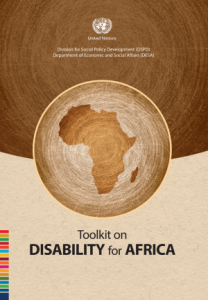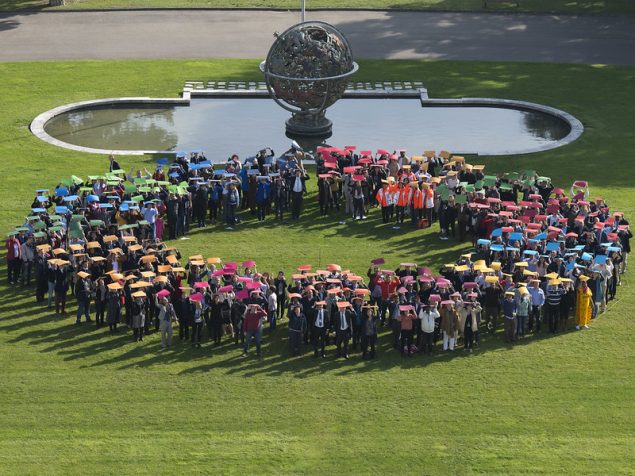- Main page: Handbook for Parliamentarians
- Realizing the rights of persons with disabilities: the compelling reasons
- The focus of the Convention
- Why a convention was needed
- Rights specified in the Convention
- The relationship between disability and development
RIGHTS SPECIFIED IN THE CONVENTION
The Convention is a complement to existing international human rights treaties. It does not recognize any new human rights of persons with disabilities, but rather clarifies the obligations and legal duties of States to respect and ensure the equal enjoyment of all human rights by all persons with disabilities. The Convention identifies areas where adaptations have to be made so that persons with disabilities can exercise their rights and areas where the protection of their rights must be reinforced because those rights have been routinely violated. It also establishes universal minimum standards that should apply to everyone and that provide the basis for a coherent framework for action.
Under the terms of the Convention, States are obliged to consult with persons with disabilities, through their representative organizations, when developing and implementing legislation and policies to effectuate the Convention, and on all other policy matters that will affect the lives of persons with disabilities.
Persons with disabilities are routinely denied these basic rights:
- Receiving an education
- Moving around freely
- Living independently in the community
- Getting jobs, even when well qualified
- Accessing information
- Obtaining proper health care
- Exercising political rights, such as voting
- Making their own decisions
Next – Chapter One: Overview – The relationship between disability and development




